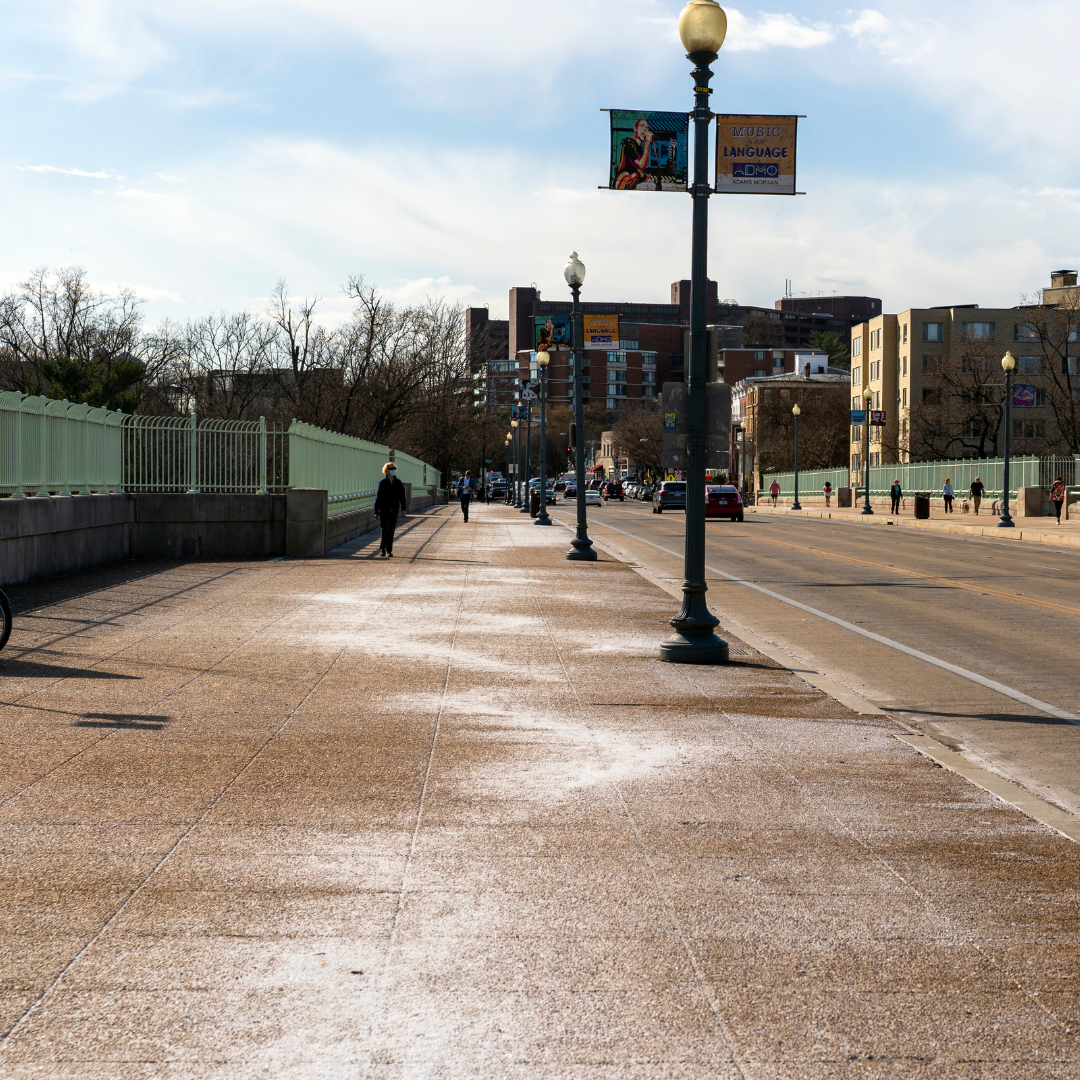State Delays put Montgomery County Clean Water Permit In Limbo
/Today's post comes to us from Danila Sheveiko, Former Co-Chair, Montgomery County Water Quality Advisory Group.
A major step forward in implementing the Clean Water Act for Montgomery County is facing delays at the state level. Issued by Maryland Department of the Environment (MDE) on behalf of the Environmental Protection Agency (EPA), the Municipal Separate Storm Sewer System permit (MS-4) has to be renewed and revised by February 15th but, according to government sources, the deadline will not be met.
An enforcement mechanism, commonly known as the MS-4 permit, has to be revised every five years and governs everything that flows through storm drains into the County’s rivers and streams with the primary goal of restoring and maintaining chemical, physical, and biological integrity.
Stormwater is the MS-4’s focus – the prime contributor to the degraded state of water bodies in Montgomery County – that becomes polluted runoff when it falls on impervious surfaces and picks up contaminants such as lawn chemicals, pet waste, car oil, sewage, sediment, and trash. In turn, development and sprawl continue to convert more forests and farms into impervious roofs and pavement that generate more polluted stormwater – the fastest growing source of pollution to the beleaguered Chesapeake Bay.
“...development and sprawl continue to convert more forests and farms into impervious roofs and pavement that generate more polluted stormwater – the fastest growing source of pollution to the beleaguered Chesapeake Bay.”
Fortunately, technologies exist to combat polluted runoff by using nature to improve our local streams and meet regulatory mandates in a cost-effective way.
Instead of using conventional concrete and steel, non-structural vegetated devices like green roofs, bioswales, and rain gardens can be used to intercept, slow and treat stormwater. The MS-4 requires Montgomery County to use this suite of low impact development technologies – known regionally as Environmental Site Design – to treat impervious surfaces with the ambitious goal of trout darting and children playing in our streams at some point in the hopefully not-too-distant future.
While these technologies do exist, the task at hand is herculean in scope, as modifying the County’s regulatory mechanisms and changing the culture of big developers are no small feats. The paradigm shift in stormwater management from concrete and rebar to Black-Eyed Susans and engineered soil has taken years of County staff time and taxpayer funds in the hundreds of millions. Department of Environmental Protection, the agency responsible for MS-4 compliance, is seeing their hard work behind the scenes begin to pay off – the culture shift is gaining momentum, and the County is numerically close to meeting the permit’s five year deadline of February 15th.
Unfortunately, there is also bad news: MDE is falling behind on approving applications, so Montgomery’s permit renewal is stuck in bureaucratic limbo.
It will take a swell of grassroots organizing and political will to move the process along.
About Danila:
Danila Sheveiko is a former political appointee to the Montgomery County Water Quality Advisory Group where he served as Co-Chair and provided recommendations to the County Executive and the County Council on water quality management goals and policies, program priorities, and funding. Danila is the Immediate Past President of the Kensington Heights Civic Association, a community of 800 homes, and serves as Secretary of the Montgomery County Civic Federation, a non-partisan umbrella group for civic associations around the County representing about 150,000 residents. A computer systems engineer with a degree in finance, Danila has nearly twenty years of experience advocating for sustainable development and natural resource use management at the local, state, national, and international levels.







What you need to know about the January 2026 Potomac Interceptor sewage spill and how you can demand accountability and action.